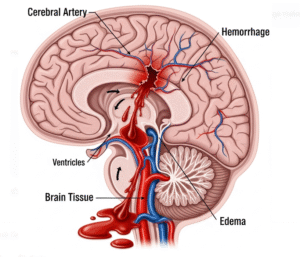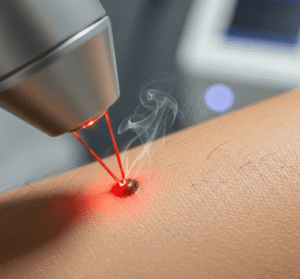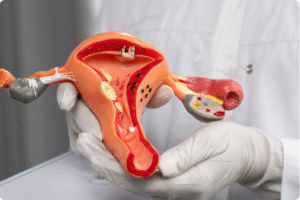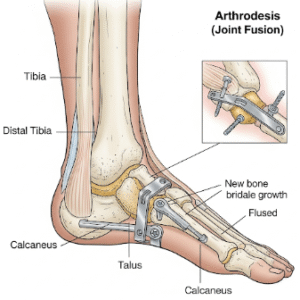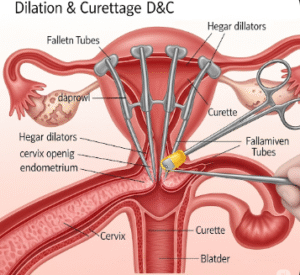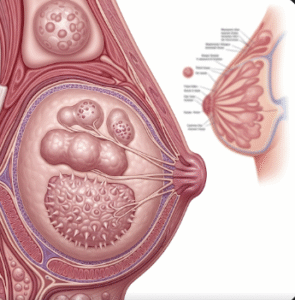Overview
Heartworm disease is a parasitic infection caused by Dirofilaria immitis, primarily affecting dogs, cats, and other mammals. Humans are rarely infected, but the disease can still cause serious cardiovascular and pulmonary complications.
In Korea, heartworm prevention and treatment are widely implemented in veterinary clinics, with a focus on protecting pets from infection through medications, regular testing, and mosquito control.
What is Heartworm Disease?
Heartworm disease occurs when parasitic worms invade the heart, lungs, and blood vessels, causing inflammation and obstruction. While dogs are the primary host, humans can become incidental hosts, usually resulting in pulmonary nodules rather than full-blown infection.
Symptoms
In dogs and cats:
- Coughing or labored breathing
- Fatigue and reduced exercise tolerance
- Weight loss or loss of appetite
- Swollen abdomen due to fluid accumulation
- Heart failure in severe cases
In humans (rare):
- Pulmonary nodules visible on imaging
- Chest pain or mild respiratory symptoms
- Often asymptomatic and detected incidentally
Causes
- Transmission through mosquito bites carrying heartworm larvae
- Lack of preventive medication in pets
- Outdoor exposure in areas with mosquito prevalence
Risk Factors
- Outdoor dogs or cats in mosquito-prone areas
- Absence of regular preventive heartworm medication
- Warm and humid climate favoring mosquito breeding
- High local mosquito populations
Complications
- Heart and lung damage in infected pets
- Pulmonary hypertension and congestive heart failure
- In humans, possible misdiagnosis as tumors due to pulmonary nodules
- Death in untreated severe cases in pets
Prevention
- Regular heartworm preventive medications (monthly tablets or injections)
- Mosquito control measures, including repellents and habitat reduction
- Routine veterinary check-ups and blood tests
- Early detection through imaging in suspected cases
Treatment Options in Korea
Diagnosis
- Blood tests to detect heartworm antigens in pets
- Chest X-rays or echocardiography to assess heart and lung involvement
- Imaging in humans for incidental pulmonary nodules
Medical Treatments
- Heartworm medications (e.g., ivermectin, milbemycin) for prevention
- Doxycycline to reduce worm-associated inflammation
- Supportive care for heart or lung complications
Surgical or Advanced Therapies
- Surgical removal of adult worms in severe canine infections
- Advanced veterinary hospitals in Korea offer minimally invasive extraction techniques
- Monitoring and post-treatment care to prevent recurrence
Rehabilitation and Support
- Gradual exercise resumption for infected pets
- Monitoring for heart and lung function recovery
- Education for pet owners on long-term prevention and early warning signs




